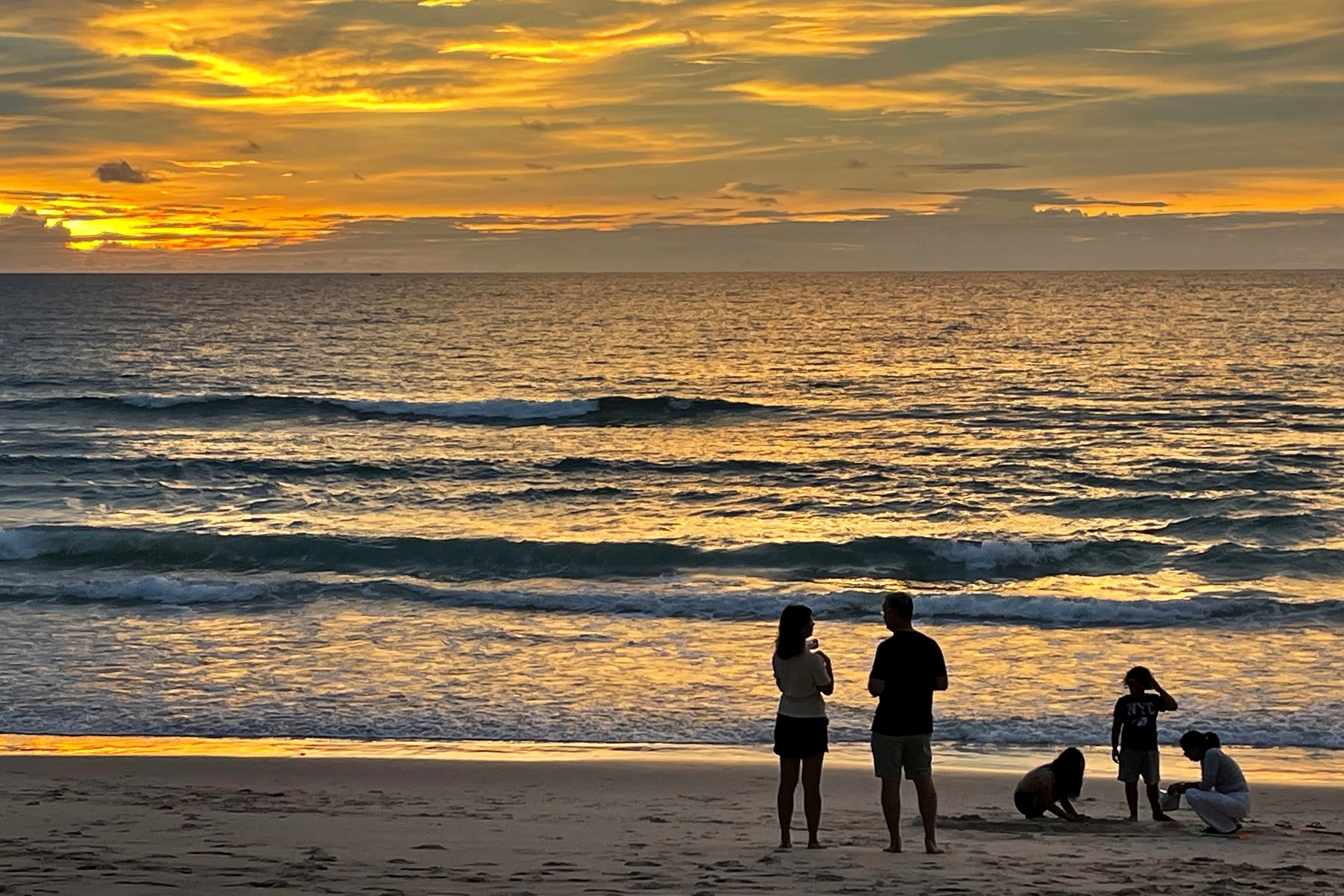Thailand makes sweeping changes for foreign travellers in record tourism bid
Changes will be made for digital nomads, students and retirees
Your support helps us to tell the story
From reproductive rights to climate change to Big Tech, The Independent is on the ground when the story is developing. Whether it's investigating the financials of Elon Musk's pro-Trump PAC or producing our latest documentary, 'The A Word', which shines a light on the American women fighting for reproductive rights, we know how important it is to parse out the facts from the messaging.
At such a critical moment in US history, we need reporters on the ground. Your donation allows us to keep sending journalists to speak to both sides of the story.
The Independent is trusted by Americans across the entire political spectrum. And unlike many other quality news outlets, we choose not to lock Americans out of our reporting and analysis with paywalls. We believe quality journalism should be available to everyone, paid for by those who can afford it.
Your support makes all the difference.Thailand’s government has announced sweeping changes to tourism in the country.
Tourism is a key driver of Southeast Asia’s second-largest economy and a big source of employment.
The country said on Tuesday it had approved longer visa stay periods for tourists, postgraduate students and remote workers, and better visa conditions for retirees, in a move to boost its crucial tourism sector as its economy stutters.

Starting in June, Thailand will allow travelers from 93 countries to stay for periods of 60 days, up from the current 57 nations, while more will also be eligible for visas on arrival, government spokesperson Chai Wacharonke told reporters.
Foreign students will be permitted to stay for an additional year upon graduation, while insurance requirements for foreigners seeking to retire in Thailand will be relaxed, he added.
The new measures come as part of an effort to boost visitors, especially from its main and fastest-growing markets, by extending stay limits to 60 days from 30 days for on-arrival visas.
The validity of so-called “digital nomad” visas for self-employed, remote workers will be extended to five years, from 60 days presently, with each stay limited to 180 days.

Thailand recorded 14.3 million tourists in from January to May 26 this year and is targeting a record 40 million foreign arrivals for the full year, with revenue of 3.5 trillion baht ($95.73 billion).
In pre-pandemic 2019, Thailand welcomed a record 39.9 million arrivals, generating 1.91 trillion baht.
Earlier this year Thailand made a U-turn on its laws on cannabis, just two years after announcing them.
Thai Prime Minister Srettha Thavisin said at the start of May that cannabis would be re-listed as a narcotic by end of 2024, in a stunning U-turn for the country two years after it became the first in the region to decriminalise its recreational use.
“I want the health ministry to amend the rules and re-list cannabis as a narcotic,” Srettha said on social media platform X. “The ministry should quickly issue a rule to allow its usage for health and medical purposes only.”
Cannabis was decriminalized for medical use in 2018 and recreational use in 2022 under a previous government, leading to rapid growth of small businesses selling cannabis products, which now number in the tens of thousands.

Join our commenting forum
Join thought-provoking conversations, follow other Independent readers and see their replies
Comments